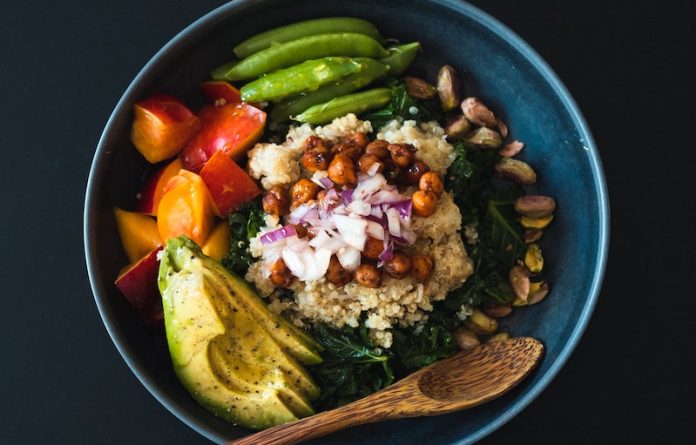
Scientists from Universitas Indonesia found that eating a plant-based diet may help reduce the risk of type 2 diabetes.
The research is published in Acta Med Indones and was conducted by Denita Biyanda Utami et al.
Diabetes has become a major public health concern with an estimated 180 million patients worldwide.
Type 2 diabetes, the most common type of diabetes, is a disease that occurs when your blood glucose, also called blood sugar, is too high. Blood glucose is your main source of energy and comes mainly from the food you eat.
Insulin, a hormone made by the pancreas, helps glucose get into your cells to be used for energy. In type 2 diabetes, your body doesn’t make enough insulin or doesn’t use insulin well.
Too much glucose then stays in your blood, and not enough reaches your cells.
The good news is that you can take steps to prevent or delay the development of type 2 diabetes. Nutritional changes are one of the key methods in the management of type 2 diabetes.
Previous studies have suggested an association between vegetarian diets and improvements in glycemic control in type 2 diabetes.
Vegetarian diets focus on fruits and vegetables, dried beans, whole grains, seeds, and nuts. Vegetarian diets are also more sustainable and environmentally sound than diets that rely heavily on meat, poultry, and fish.
In the current study, researchers aimed to analyze whether a plant-based diet reduces the HbA1c level compared to a conventional diet.
The hemoglobin A1c (HbA1c) test measures the amount of blood sugar (glucose) attached to hemoglobin. Hemoglobin is the part of red blood cells that carries oxygen from the lungs to the rest of the body.
It is an important blood test that gives a good indication of how well diabetes is being controlled.
The researchers did a comprehensive literature search to find published studies on the topic.
They found in patients with type 2 diabetes mellitus, HbA1c strongly led to a greater reduction in the plant-based group compared to the conventional diet group after 22 weeks of follow-up.
Similarly, there was a greater reduction in HbA1c level in the plant-based group after 72 weeks. Furthermore, eating a plant-based diet was linked to a big reduction in HbA1c.
Based on the findings, the team concluded that in patients with type 2 diabetes, HbA1c reduction was greater in patients with a plant-based diet compared to patients with a conventional diet.
They suggest further research should be conducted with a larger sample size and longer follow-up period.
Copyright © 2022 Scientific Diet. All rights reserved.





